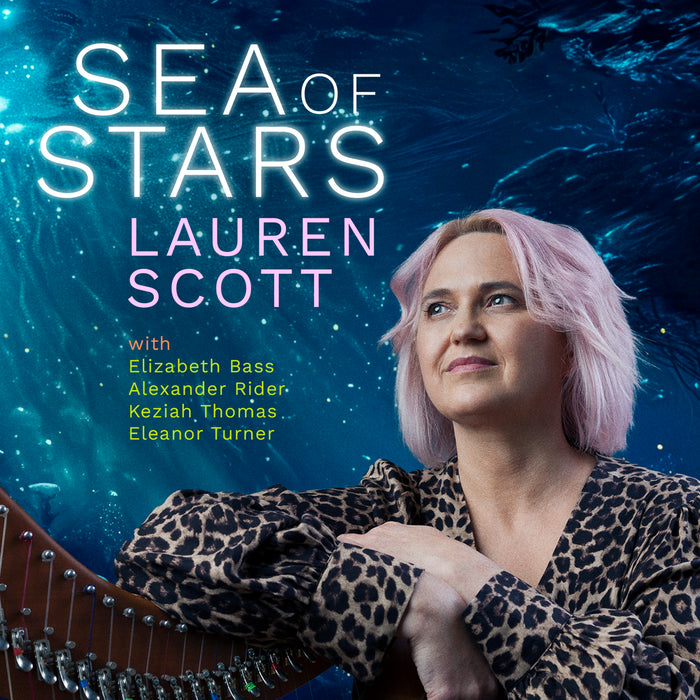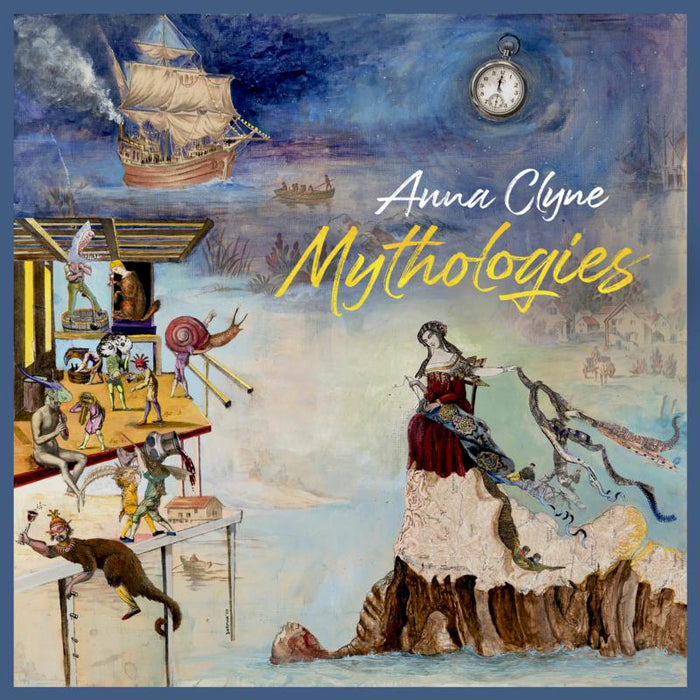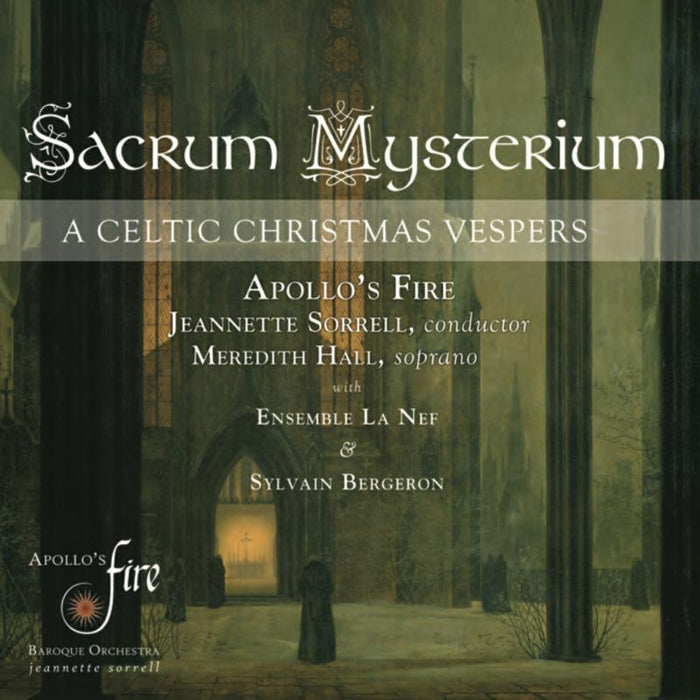Description
GRAMMY Award-winning conductor Michael Repper and the Washington D.C.-based National Philharmonic celebrate Samuel Coleridge-Taylor with an album of world-premiere recordings commemorating the 150th anniversary of the composer's birth, featuring GRAMMY-nominated violinist Curtis Stewart who contributes his own arrangements of Samuel Coleridge-Taylor's works.
Coleridge-Taylor was a highly prolific and successful composer, yet much of his music remains unknown. Here, Curtis, Michael and the National Philharmonic present the first commercial studio recordings of a selection of works recently recovered by Coleridge-Taylor authorities Lionel Harrison and the late Patrick Meadows, in modern performance editions created using the composer's original manuscripts.
For the Ballade in D minor, composed in 1895, Coleridge-Taylor turned to his own instrument, the violin. Rhapsodic and passionate, the young composer's early promise is on full display. The orchestral version on this recording, featuring soloist Curtis Stewart, is based on the autograph manuscript that was located by Patrick Meadows in the Library of Congress.
British-born Coleridge-Taylor drew inspiration from his African heritage. He was also influenced by the African American spirituals he encountered on a visit to the United States in 1904. On that occasion, he accepted a commission that resulted in 24 Negro Melodies, a collection of which he described, "What Brahms has done for Hungarian folk-music, Dvorak for the Bohemian and Grieg for the Norwegian, I have tried to do for these Negro Melodies." Originally for solo piano and based on African and American melodies, Coleridge-Taylor later orchestrated a five-movement suite which was not performed during his lifetime. The version heard on this recording is based on original manuscripts discovered by Patrick Meadows in the British Library.
Curtis Stewart contributes his own re-imaginings of three of the Negro Melodies. He elaborates: "I was drawn to a 'rebranded' approach of dealing with the history of slavery within one's family, the ownership of a name and its 'rebranding' - reflecting on the American Slave and how Black Americans deal with creating a sense of pride, familial storytelling and lineage in contemporary America. This notion of 'rebranding' extends to the 'Negro Melody'. Coleridge-Taylor originally wrote 24 solo piano works based on spirituals and songs from many parts of the world including Africa and the Americas. My intent with these arrangements is to acknowledge the impact of those melodies on current popular culture and reflect that influence onto the orchestral stage - to create moments where listeners may participate vocally, with movement, or rhythmically clapping along; to maintain a sense of belonging and recognition; to create community around this music in the classical concert hall - an embrace of the source that all contemporary American Concert music extends from, in my belief, America's mother-music: the Blues."
Toussaint L'Ouverture, a former slave and self-proclaimed Creole, was a Haitian general and prominent leader of the Haitian Revolution. Fusing African musical elements with European form, the romantic concert overture is evocative of the symphonic tone poems of Antonin Dvorak, one of Coleridge-Taylor's favourite composers. AVIE Records was at the forefront of resurrecting the music of Samuel Coleridge-Taylor, releasing the world-premiere recording of his Violin Concerto in 2004. This new album continues the mission to preserve and promote the great composer's legacy.
"excels in violinistic fantasy ... passionately committed... a sterling effort" - BBC Music Magazine, 4 Stars
"Three cheers for this most enjoyable collection … spruce and infectiously committed advocacy from the Maryland-based National Philharmonic at Strathmore under Michael Repper … Curtis Stewart is the stylish soloist … Boasting eminently truthful sound, this enterprising release is certainly worth seeking out." – GRAMOPHONE
















